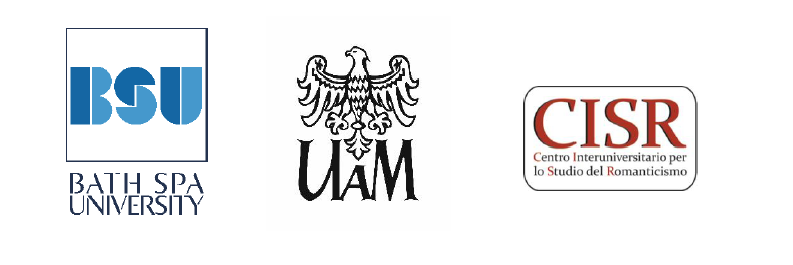One of the great passions of the European Romantics was the past and ideas about it, the passage of time, the mythical beginnings of humanity, and beliefs about the birth of nations. We would like to combine reflections on the past with thoughts on Romantic ideas of the future. An artist, thinker, or writer of the period was regarded as an expert in both spheres, one who can understand the ancestors and tell their version of history, but also as one who imagines the shape of the world in the future and knows the paths leading to it.
The planned conference is inspired by the philosophical writings of Johann Gottfried Herder, especially the part where he deals with the methodology of literary research and the ways of doing historiography. Herder, who first compared the fate of people with the phases of plant life, created one of the key matrices of thinking about the human as a being subject to the effects of time. The thought of the creators of the late Enlightenment was a real challenge for the Romantics; the most difficult element was to accept the fact that the past resembles a construction put up by the present from the elements of material and immaterial heritage so as to respond to the relevant and current challenges of the world. Romantic historicism sought appropriate locations – mythical, primeval, and prehistoric times – to experience the passage of time, social and political tensions, the relationship between the individual and the collective, the complementary relationship between cultural memory and the professional study of the past. Moreover, all this was steeped in a belief that along with the three great revolutions of the age – the French, the Industrial, and the scientific one – the world stood at the threshold of a new beginning, a passage or crossing (‘Übergang’, as Hegel wrote in The Phenomenology of Spirit) into another reality, not yet recognized and demanding to be described.
Proposed topics in British Romanticism:
• From the Kilmarnock edition to the Lyrical Ballads
• The Beginnings of the Gothic
• First-wave feminist writings
• Writing the Future in the Post-Napoleonic Age
• Third Generation Romanticism
• Romanticism and Science Fiction
• Post-Colonial Romanticism
Proposed topics in Polish Romanticism:
• The importance of the Proto-Slavs in the history of the Slavic peoples
• Notions of beginnings: first people, first nations, ancient and distant cultures
• Conceptualizations of passing time in the lives of individuals and nations
• Great historiographical metaphors: growth, maturity, withering, and decline
• Romanticism as the beginning of a new literature
Proposed topics in comparative literature:
• Beginnings and futures in East/West European Romantic conversations
• Imagining temporalities in Romantic British-Polish cultural exchanges
• Writing Slavic history in Romantic-period Britain
• Beginnings and unequal developments in European Romanticisms East and West
• Climate Change, Past and Present
• The Future of Romantic Studies
The conference will be held in English on June 4–5, 2025 in Poznań. Please submit topic proposals (with an abstract of up to 300 words) with a short biography to junkiert@amu.edu.pl by the end of September 2024.
The organizers will not reimburse the cost of travel to Poznań and reserve the right to select the conference participants.
Hosts:
Prof. Maciej Junkiert (Poznań)
Prof. Diego Saglia (Parma)
Prof. John Strachan (Bath)
_______
Download the invitation: [PDF].
